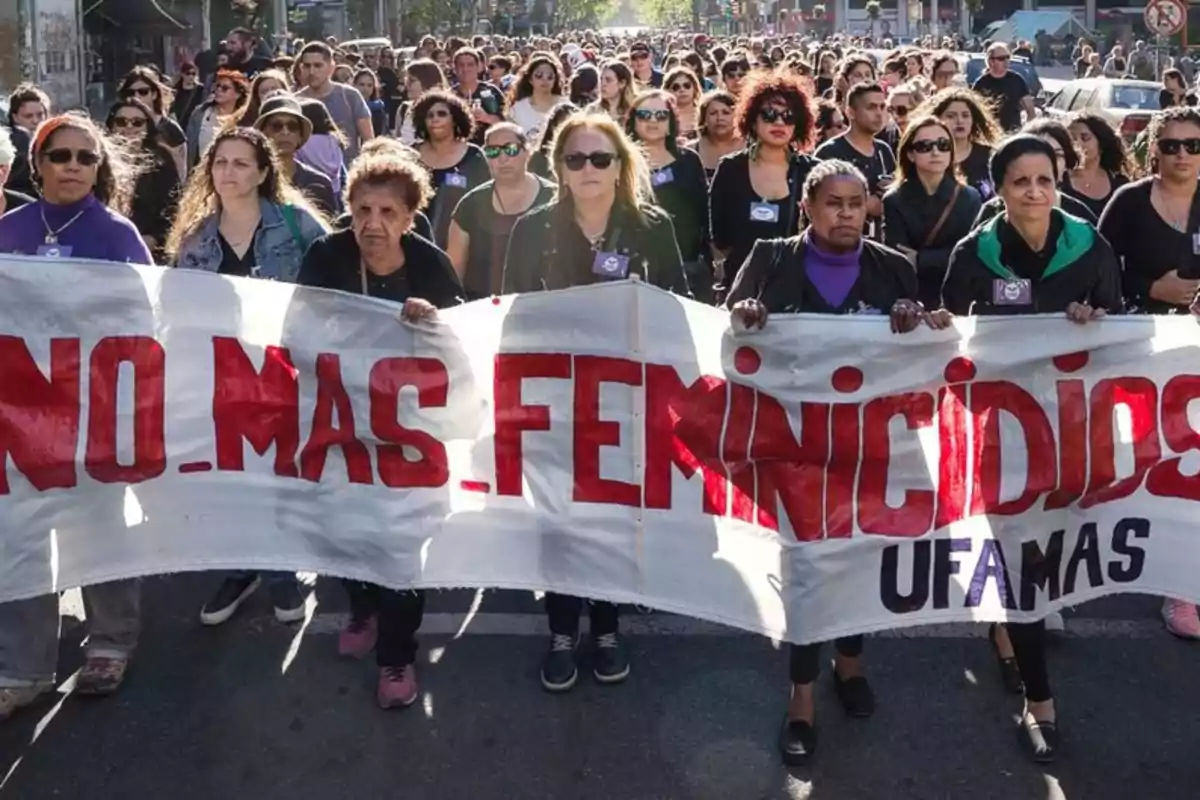
The Alina Law advances in Mexico: impunity for women who kill men
The law has already been approved in various states of the republic despite its controversy and gender perspective
The so-called “Alina Law” has caused an intense debate around self-defense and the "gender approach" in the Mexican penal system.
Proposed as a reform to the Penal Code, this initiative seeks to expand the criteria so that women victims of violence can defend themselves without being criminalized.
However, its detractors warn that it could open the door to serious legal abuses.

What is the Alina Law?
The law is named after Alina Narciso, a former police officer from Tijuana who, after suffering domestic violence,killed her ex-partner. In 2023, a court overturned the homicide sentence against her by considering that she acted in self-defense.
This case marked a turning point in the debate on the need to legally protect women who defend themselves from their aggressors.

Driven by legislators from Morena and PAN, the Alina Law proposes to modify articles 23 and 49 of the Penal Code. This is so that women facing physical,psychological,sexual or feminicidal violence can claim self-defense without being accused of “excess” in the use of force.
The initiative has already been approved in Baja California and is currently under discussion in entities such as Tamaulipas and the State of Mexico.
The arguments in favor
Those who support the reform assert that it is a necessary measure in the face of a justice system that has historically revictimized women. They point out that many women are treated as criminals when defending themselves from serious assaults, especially within the home.
Additionally, they argue that the Alina Law incorporates a gender perspective that allows these cases to be judged in their true context. A situation of systematic abuse and power inequality, where the victim's defense may be her only means of survival.

The critical voices: risk of impunity?
On the opposite side, communicators like Alex Flores and other analysts have warned about the risks of this reform. They accuse that the elimination of the concept of “excess in self-defense” could lead to homicides being justified without solid evidence.
According to Flores, the text is too ambiguous and doesn't clearly define what is considered an “imminent danger”. Nor does it define how it will be assessed whether there really was a situation of violence.
This could allow a woman to claim feeling threatened without there being a real or direct threat, thus creating a dangerous and discriminatory legal loophole.

Legal ambiguity: the point of tension
The main focus of controversy in the Alina Law is precisely the lack of clear parameters. Critics fear that this ambiguity facilitates abuses, while supporters consider it a vital protection tool for women at risk.
The challenge for legislators will be to refine the legal frameworkto ensure real justice: protect victims of violence. But without allowing the law to become a shield for impunity.
More posts: